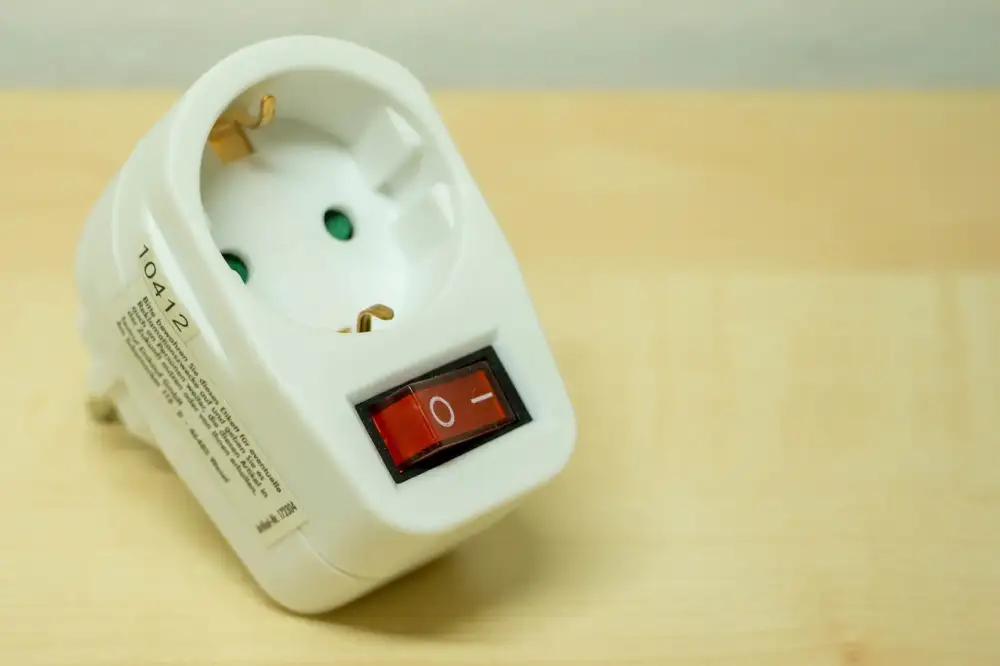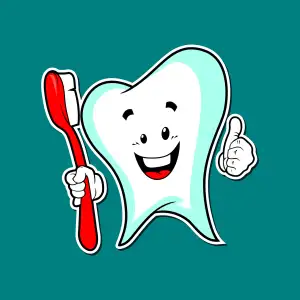Revolutionizing Oral Care: Specialized Toothbrushes for Disabled Individuals

Oral hygiene is essential for everyone, including individuals with disabilities who may face challenges in maintaining proper dental care. Specialized toothbrushes have been developed to cater to the unique needs of disabled individuals, ensuring they can effectively clean their teeth and gums. These innovative toothbrushes are designed with features that make oral care more accessible and manageable for people with physical or cognitive impairments. By revolutionizing oral care through specialized toothbrushes, we can help improve the overall health and well-being of disabled individuals.
Importance of Oral Hygiene for People with Disabilities
Maintaining good oral hygiene is crucial for everyone, especially for individuals with disabilities. According to the American Dental Association, people with disabilities are at a higher risk of developing oral health issues due to factors such as limited dexterity, mobility challenges, and sensory sensitivities. Poor oral hygiene can lead to gum disease, tooth decay, and even systemic health problems like heart disease and diabetes. Therefore, it is essential for individuals with disabilities to prioritize their oral health to prevent these complications and maintain overall well-being.
Features of Toothbrushes for Disabled
Features of Toothbrushes for Disabled include ergonomic handles designed for easy gripping and maneuvering, especially for individuals with limited dexterity or strength. Some toothbrushes have flexible necks to reach difficult areas in the mouth. Soft bristles are gentle on sensitive gums and teeth, while some models have built-in timers to ensure thorough brushing. Additionally, there are toothbrushes with suction cups for hands-free use and those with larger brush heads for individuals with motor impairments. These specialized features cater to the unique needs of disabled individuals, making oral care more accessible and effective.
Types of Toothbrushes Available
When it comes to toothbrushes for disabled individuals, there are several types available to cater to different needs. Some common types include electric toothbrushes with larger handles for easier grip, toothbrushes with longer or angled necks to reach the back teeth more effectively, and toothbrushes with softer bristles for those with sensitive gums. Additionally, there are specialized toothbrushes designed specifically for individuals with limited hand dexterity or mobility issues, such as toothbrushes with built-in suction cups for hands-free brushing or ones that can be attached to a wheelchair for convenience. It's important to explore these various options to find the best fit for each individual's unique requirements.
Tips for Choosing the Right Toothbrush
When choosing the right toothbrush for a disabled individual, it is essential to consider their specific needs and abilities. Here are some tips to help you make the best choice:
1. **Size and Shape**: Opt for a toothbrush with a handle that is easy to grip and control. Look for brushes with larger handles or those designed specifically for individuals with limited dexterity.
2. **Bristles**: Choose soft bristles to prevent damage to sensitive gums and teeth. Some toothbrushes come with specially designed bristles that are gentle yet effective in cleaning.
3. **Electric vs. Manual**: Electric toothbrushes can be beneficial for those who have difficulty with manual dexterity. They often have built-in timers and easier-to-hold handles.
4. **Adapted Handles**: Consider toothbrushes with adapted handles, such as those with grips or straps that can be wrapped around the hand for better control.
5. **Consult a Professional**: If unsure, consult with a dentist or oral health professional who can recommend the most suitable toothbrush based on the individual's specific needs.
By considering these factors, you can ensure that the chosen toothbrush is tailored to the unique requirements of the disabled individual, promoting better oral hygiene and overall health.
How to Properly Use a Toothbrush for Disabled
When using a specialized toothbrush for disabled individuals, it is important to ensure proper technique for effective oral care. For those with limited dexterity, caregivers should gently guide the toothbrush along the teeth and gums in a circular motion. It's crucial to reach all surfaces of the teeth, including the front, back, and chewing surfaces. Additionally, ensuring that the toothbrush reaches the gum line can help prevent gum disease. Regularly replacing the toothbrush head or entire toothbrush as recommended by manufacturers is essential to maintain optimal oral hygiene.
Benefits of Using Toothbrushes for Disabled
1. Improved Oral Health: Specialized toothbrushes for disabled individuals can help maintain good oral hygiene, reducing the risk of dental issues such as cavities, gum disease, and bad breath.
2. Increased Independence: These toothbrushes are designed to be user-friendly for individuals with limited dexterity or mobility, allowing them to brush their teeth independently and boost their self-esteem.
3. Enhanced Comfort: The ergonomic handles and soft bristles of specialized toothbrushes ensure a gentle yet effective cleaning experience, promoting comfort during oral care routines.
4. Prevention of Oral Complications: By using toothbrushes tailored to their needs, disabled individuals can effectively remove plaque and bacteria from their teeth and gums, lowering the chances of developing oral complications.
5. Overall Well-being: Maintaining proper oral hygiene through specialized toothbrushes can contribute to the overall well-being and quality of life for disabled individuals by supporting their oral health and confidence levels.
In conclusion, specialized toothbrushes for disabled individuals play a crucial role in promoting oral health and hygiene among this population. It is essential to recognize the unique challenges faced by individuals with disabilities and provide them with tools that cater to their specific needs. By using toothbrushes designed for disabled individuals, they can maintain proper oral care more effectively.
It is recommended that caregivers and healthcare providers educate themselves on the importance of oral hygiene for people with disabilities and the available options for specialized toothbrushes. Regular dental check-ups should also be encouraged to monitor oral health status and address any issues promptly.
Choosing the right toothbrush based on individual needs and abilities is key. Proper training on how to use these specialized toothbrushes is essential to ensure maximum benefits. By incorporating these recommendations into daily routines, we can revolutionize oral care for disabled individuals, ultimately improving their overall quality of life.
Published: 06. 05. 2024
Category: Health



